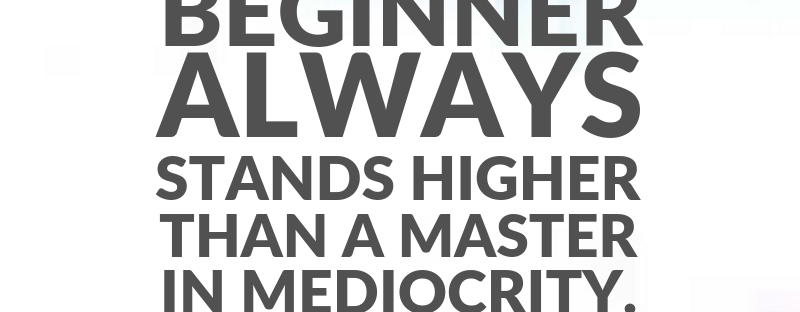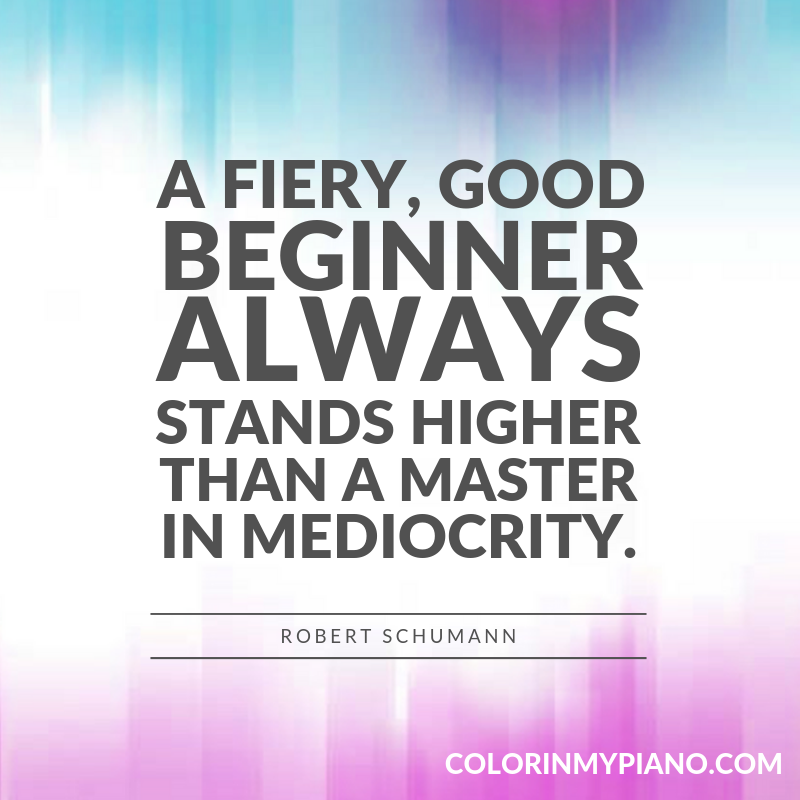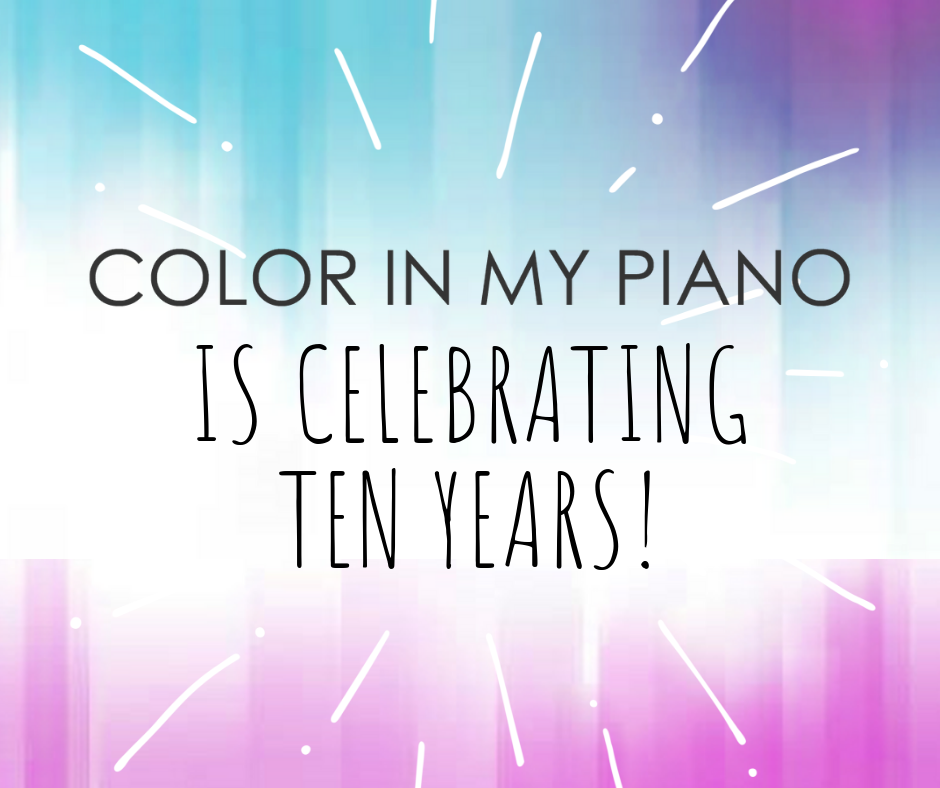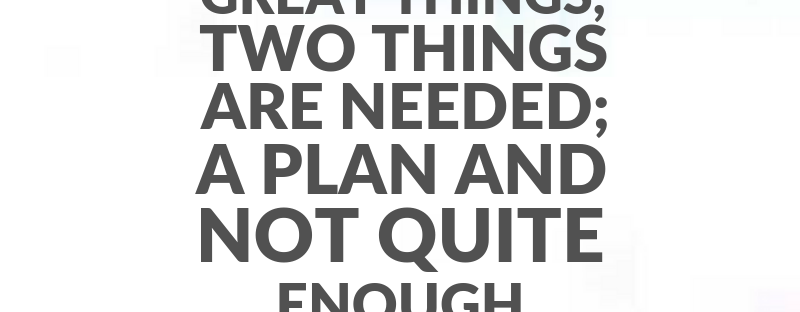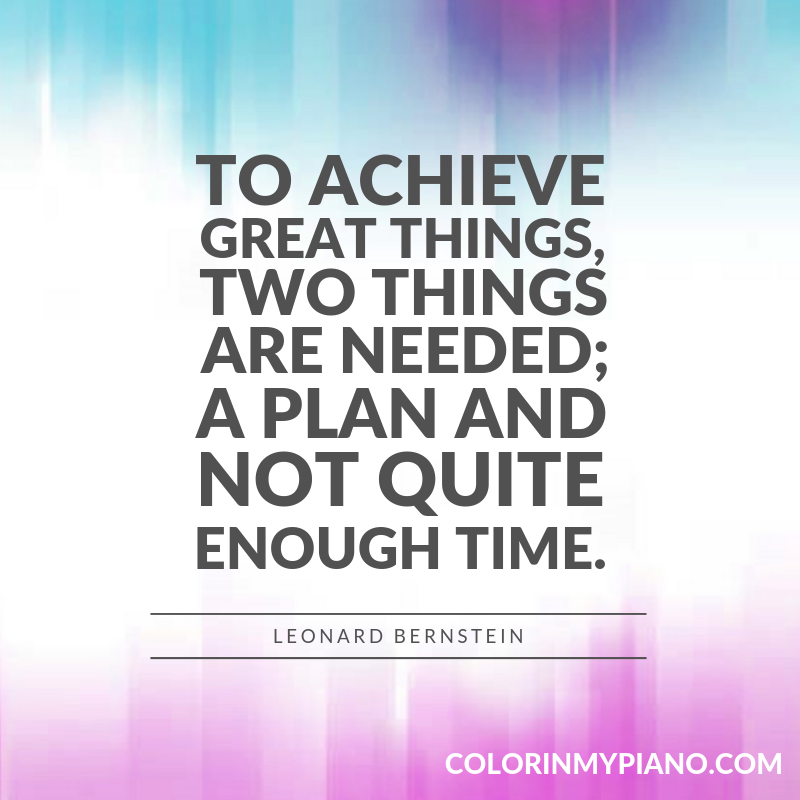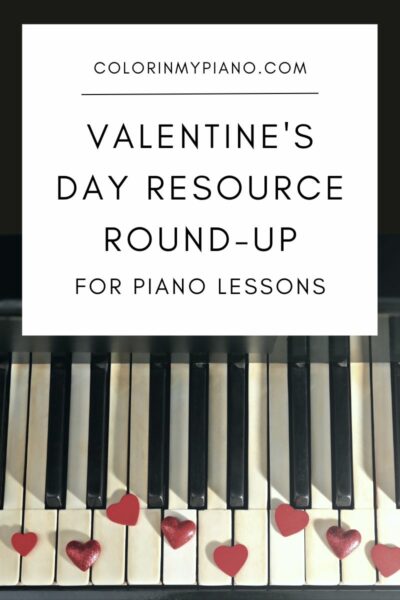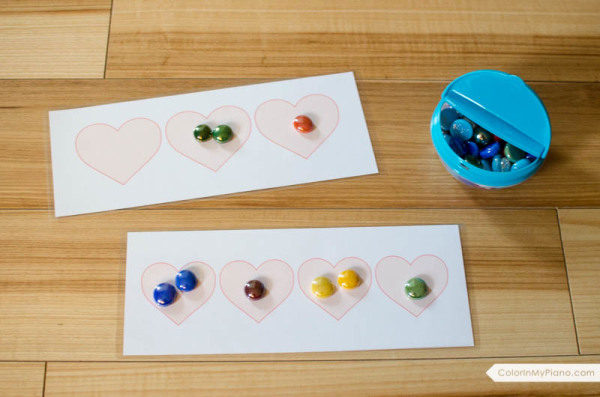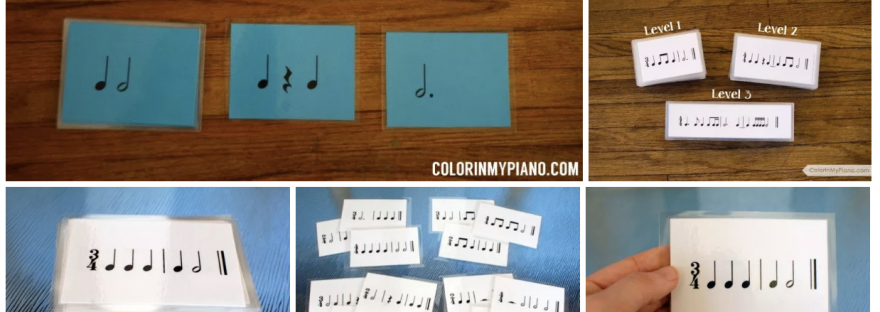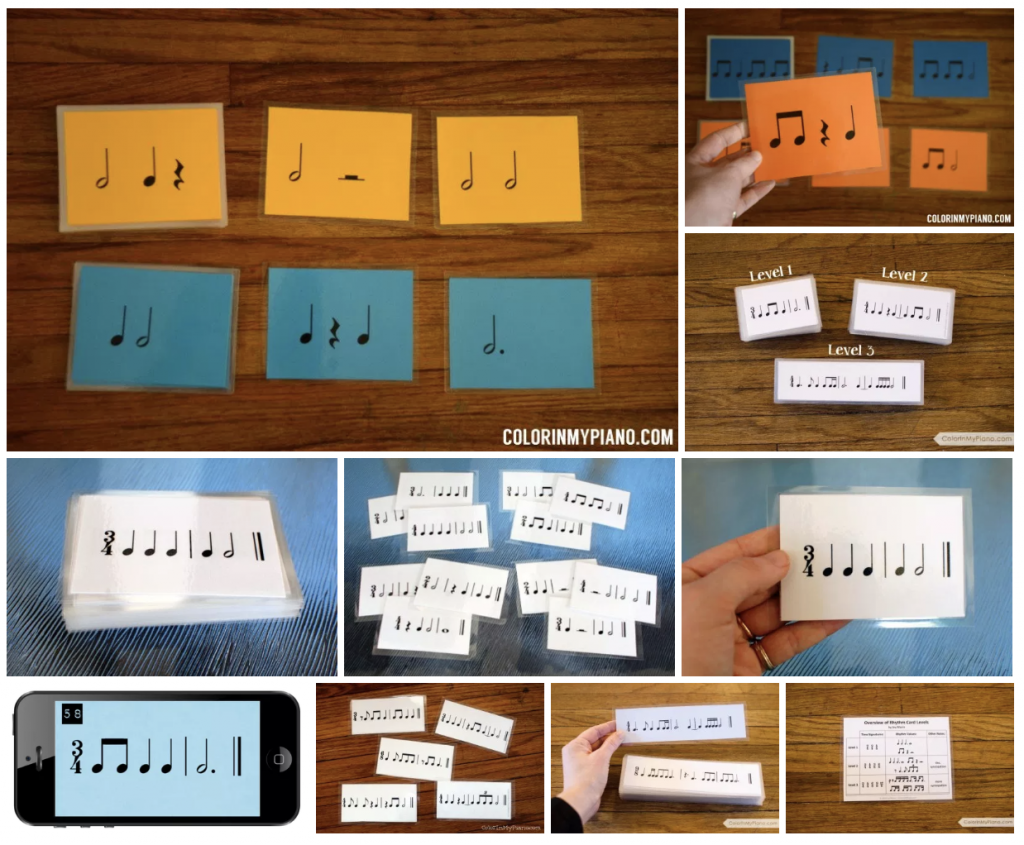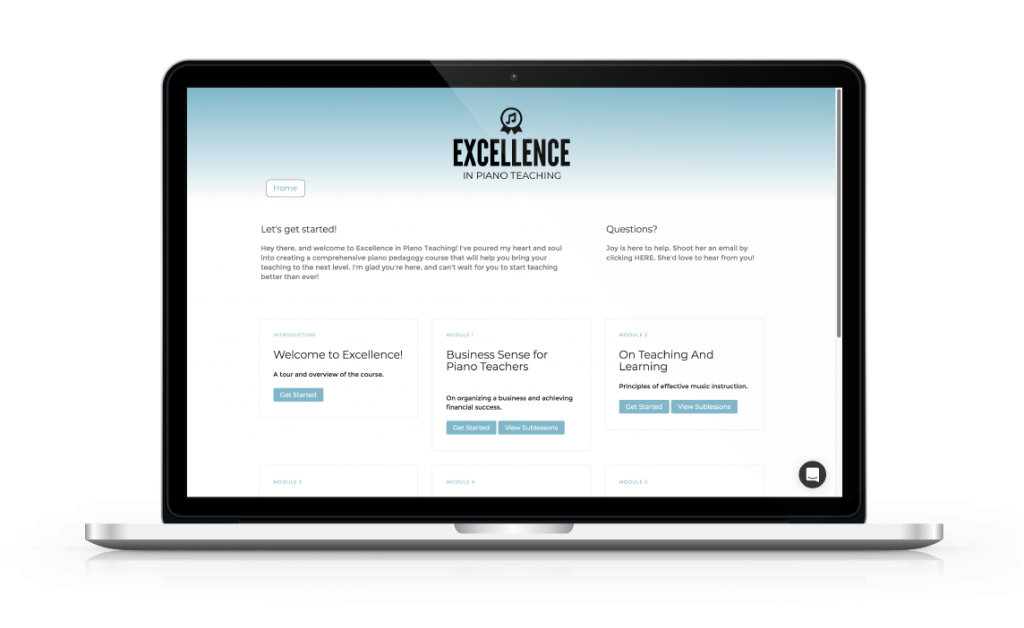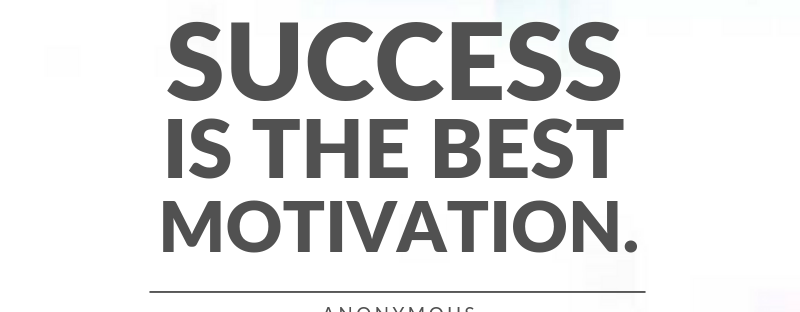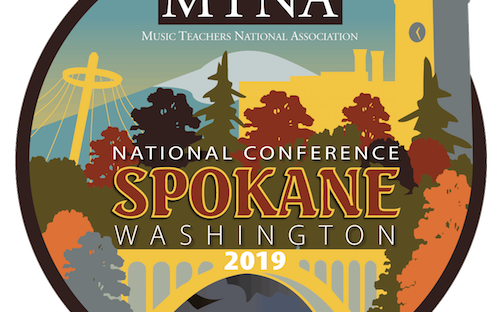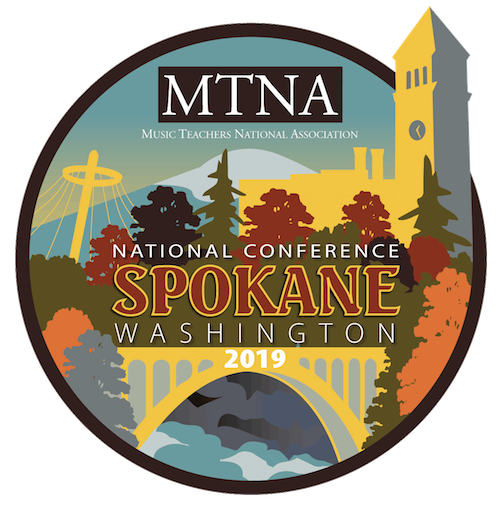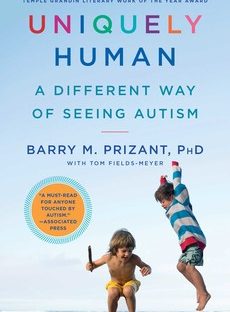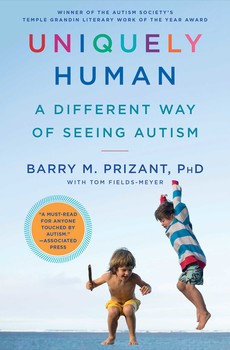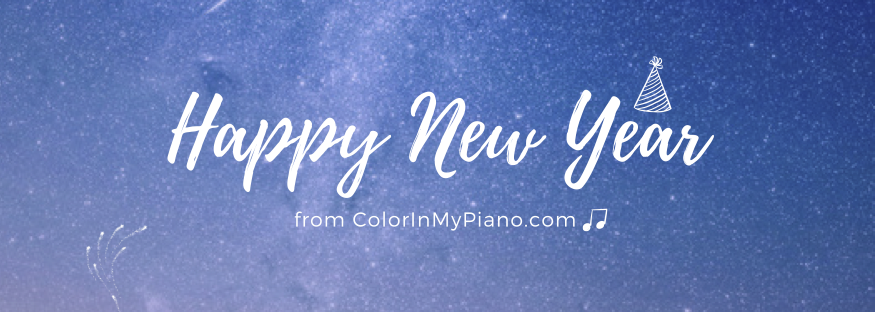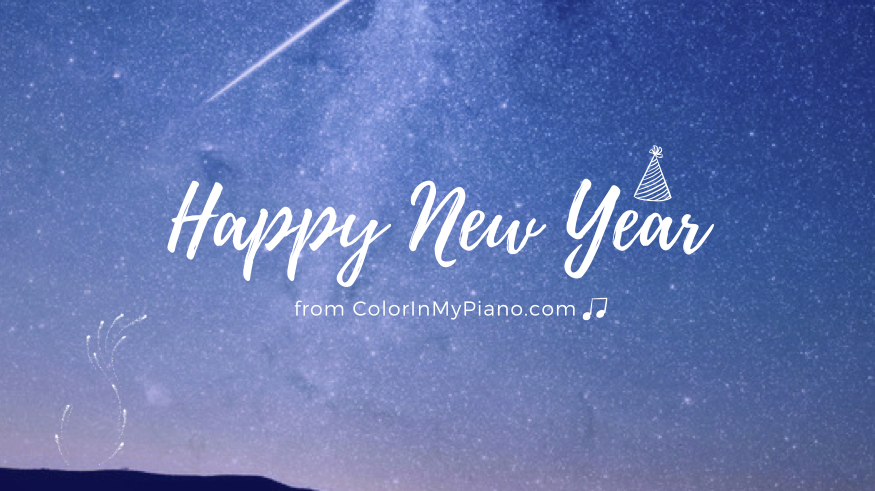This post is a followup to yesterday’s post, Meet Lucia, Piano Teacher in Puerto Rico! where we got a glimpse into Lucia Fernandez’s lovely piano studio space.
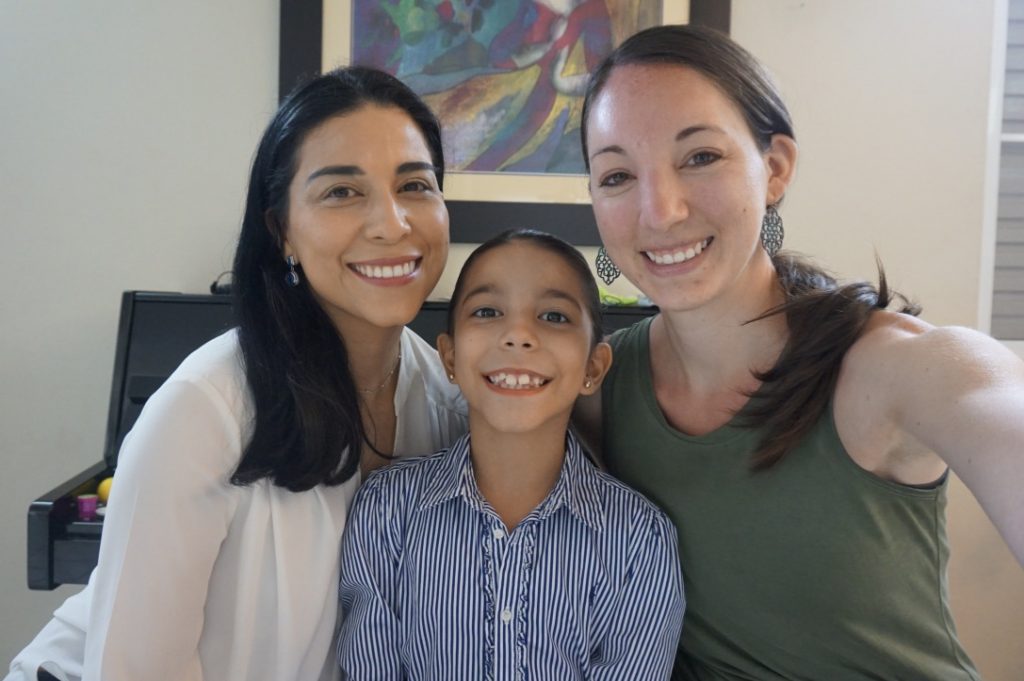
Quick backstory: Lucia attended Irina Gorin’s workshop back in May and is familiarizing herself with Irina’s method, Tales of a Musical Journey. I took Irina’s workshop back in 2015, and have been an enthusiast ever since. Lucia and I connected via Irina’s Facebook group, and decided to get together in person while I was vacationing in Puerto Rico. Using Lucia’s daughter as a guinea pig, we explored certain aspects of Irina’s techniques together. Today, I’m sharing a few of the video clips Lucia took during our time together!
A few things I want you to know before we dive into the videos:
- Irina’s method is designed around developing a beautiful sound and a healthy technique from the beginning. That is the focus of these activities, as you will see.
- Ana isn’t a total beginner — she has been taking lessons with her mom for over a year. They’ve been using other books in addition to recent explorations into Irina’s book. Ana is seven years old.
- Although I did take Irina’s workshop and have been using her materials for a few years now, my teaching isn’t as amazing as Irina’s. 🙂 I encourage you to learn from the master! Check out Irina’s extensive YouTube channel here.





